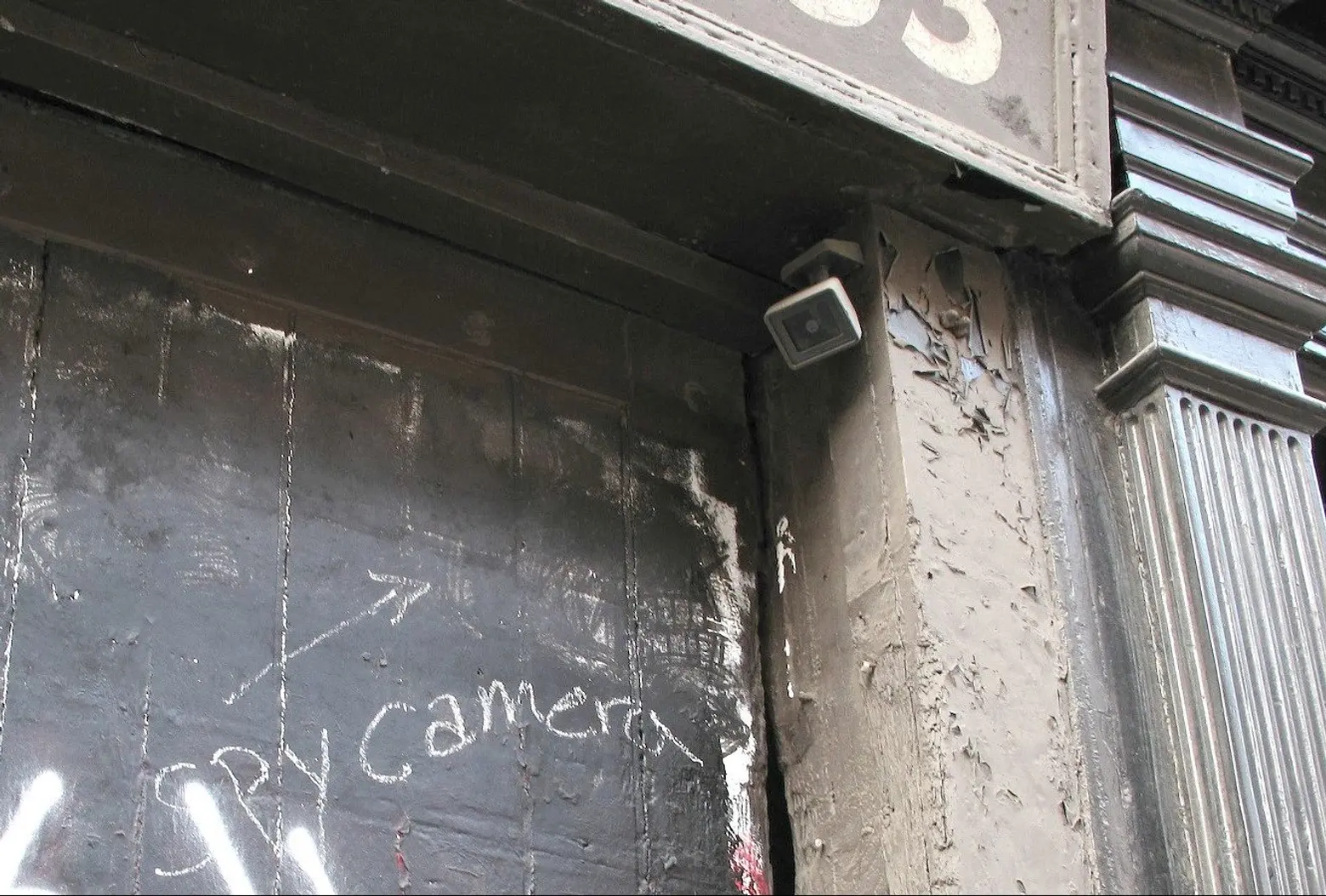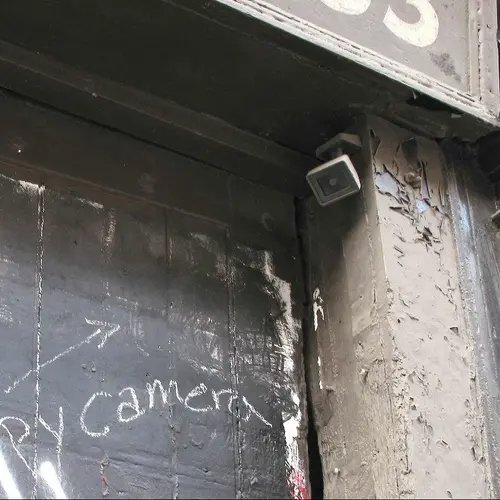Bad tech: Landlords use stalker-like surveillance to weed out ‘risky’ tenants

6sqft recently covered the practice of offering landlords “blacklists” of tenants who may have withheld rent or taken action against previous landlords. Now Quartz reports on the growing use of screening software services and surveillance technology that lets landlords know if prospective tenants have recently arrived from another country, what their social media profiles say about them and even how often they’ve been hitting the bars. Could high-tech data collection and surveillance tools become as dangerous to the diversity of communities as redlining was decades ago?

The London-based startup that’s promoting tenant-screening service Tenant Assured says their surveillance algorithms can provide potential landlords with financial profiles, social media snapshots and other data like how often potential tenants check in at bars and whether they’re “new to country,” creating a personality profile and risk score using keywords like “poor” and “loan.” Another tenant-screening service, Naborly, claims its artificial intelligence system can predict things like chance of eviction and length of tenancy, and offers a global tenant database that landlords, property managers and other tenant screening companies can use to share information about potential renters.
A rarely-discussed attribute of the algorithms that go into these data profiling technologies is that they have the same flaws humans do, and therefore the same prejudices: They paint an incomplete picture based on what’s included and what’s left out. Their use might easily lead to practices that are discriminatory based on race or economic status, or biased against immigrants and other groups.
Another issue is that tenants have no way of knowing which data has been provided, what’s in these profiles, or whether landlords are even using them, so they have no way of protesting if the data is unfair or inaccurate. Quartz points out that currently, the algorithm that creates a consumer’s credit score is the only one for which consumers have a legal right to examine and challenge the data.
What’s more, landlords are making use of existing technology that lets them spy on tenants using surveillance cameras, ostensibly to catch tenants who aren’t using apartments as their primary residence and other non-compliance behavior. This kind of surveillance is encouraged by companies that advise building owners on how to rid their properties of rent-stabilized tenants.
So how can tenants fight back? First, the writer advises we tighten our control over social media and use other “surveillance self-defense” such as the EFF’s steps to staying safe online, calling these things “a good start” and raising the important point that we can also use the internet to access and promote information on tenants’ rights. But a good start may be one that comes too late. The gentrification/discrimination connection is a dangerous one.
[Via Quartz]
RELATED:
- Tenant Blacklists Stack the Deck Against Renters in an Already Unfair Equation
- Renters’ Rights 101: Know What Your Landlord Is Responsible For
- Rent-Stabilized Tenant Gets Evicted for Listing His Apartment on Airbnb in a Landmark Decision
- Protecting Your Rights As a LGBT Renter or Buyer in NYC
Lead image: Andrea Vail via flickr




























